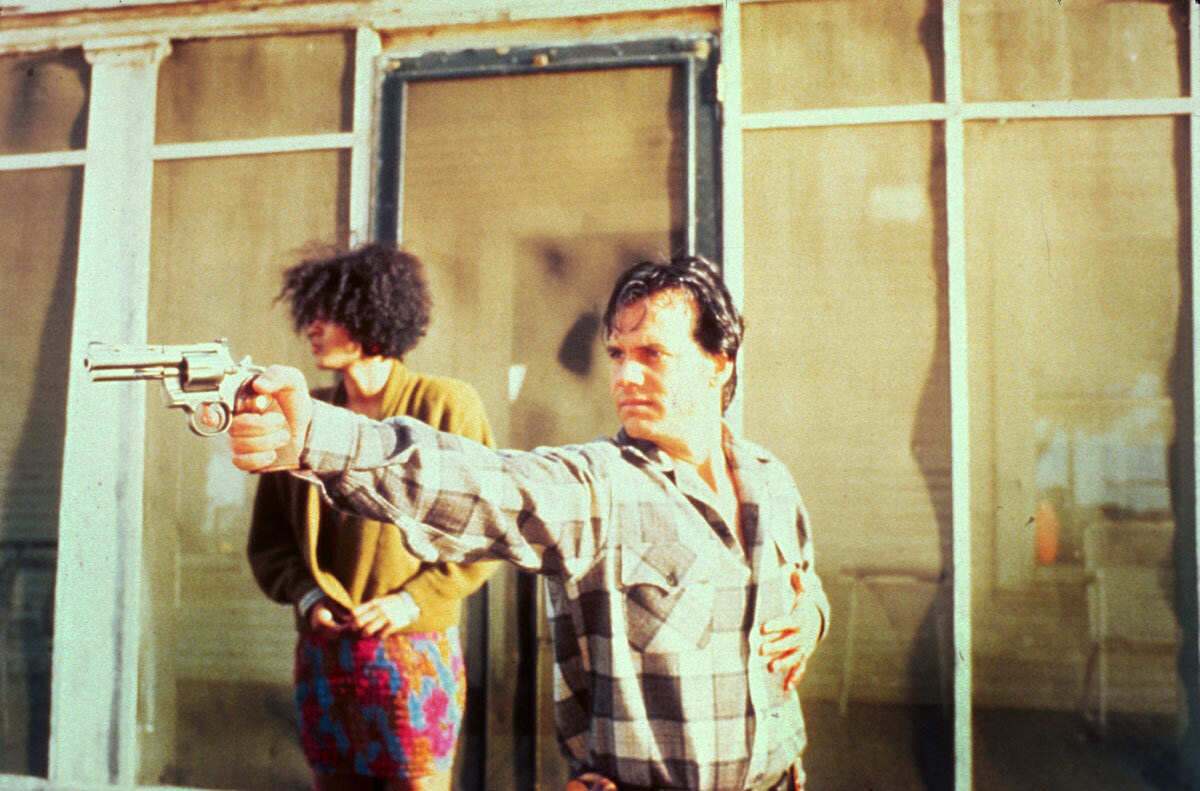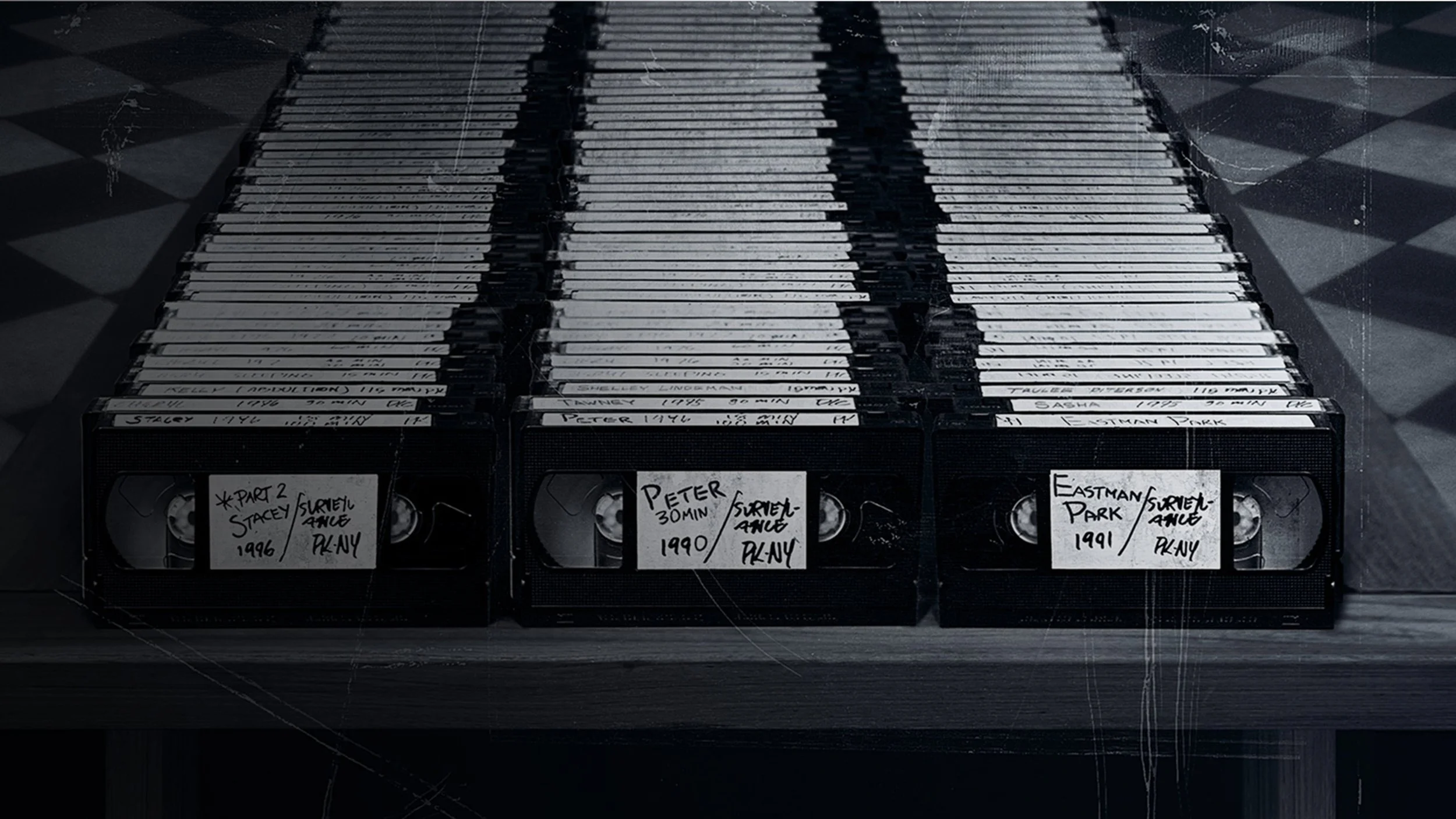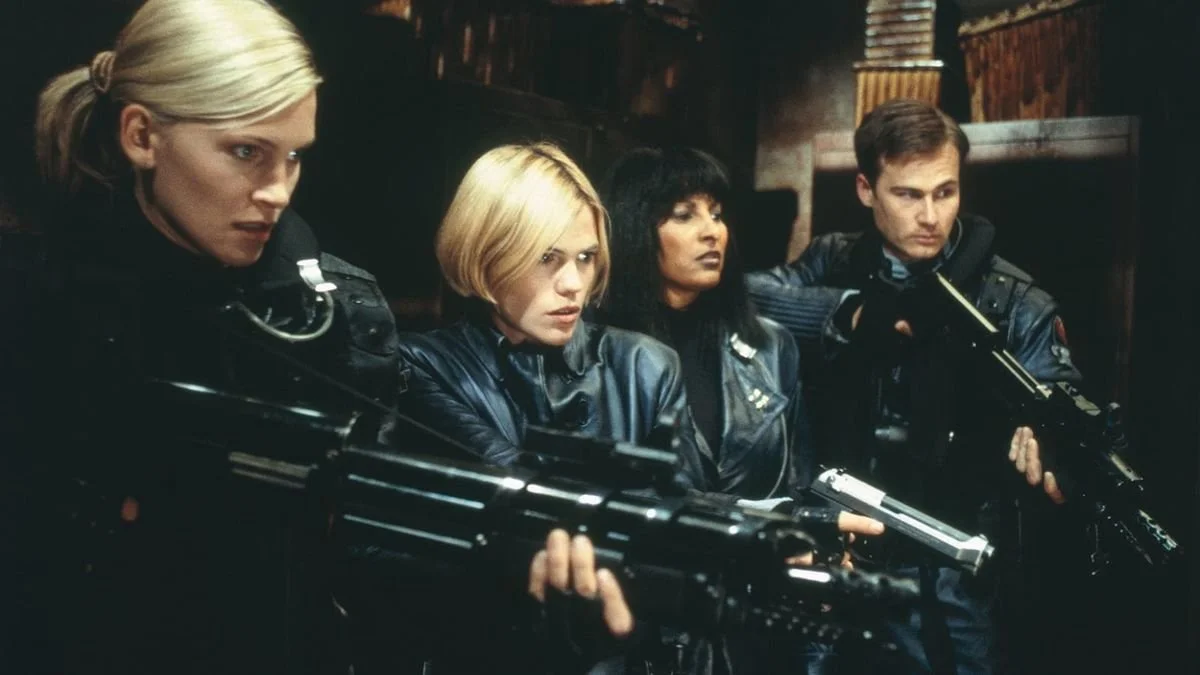Review: One False Move (1992)
Oh, what a joy it is to watch a film without an ounce of fat on its bones, where every character speaks and acts like a real human being, and where each scene in the film builds narrative tension leading to a genuinely thrilling climax. Such is Carl Franklin’s One False Move, a neo-noir from 1992 starring Bill Paxton and Cynda Williams. Like so many great crime thrillers, One False Move sets two narrative threads in motion that will inevitably collide. As the narrative threads proceed on their collision course, we learn about the hopes and dreams of the characters and how their current actions stem from the mistakes they made in the past.
In the opening moments in Los Angeles, we watch the criminals Ray (Billy Bob Thornton) and Pluto (Michael Beach) sadistically rob and murder a drug dealer and his associates and steal several bricks of cocaine. Ray’s girlfriend, Fantasia (Cynda Williams), is integral to the crime as she betrays some friends to reveal the drug dealer’s location. Franklin and his screenwriters, Thornton (doing double duty on the picture) and Tom Epperson, don’t pull any punches in these opening moments, showing just how brutal Ray and Pluto can be and how Fantasia enables the shocking violence on screen. It’s a bold gambit to open a film by introducing one of the protagonists and to immediately implicate her in brutal murders, but such is the complex world of One False Move, which refuses to smooth the edges of its characters and depict anyone as a stereotype.
Already in the first few scenes of the film, we understand that Fantasia is trapped by her relationship with Ray. But she’s also a party to his crimes. The tension between her surface gentleness and her role as Ray’s accomplice raises a question of what motivates her—the withholding of that answer fuels much of the mystery in the film. Even Ray and Pluto, who are unquestionably brutal, are treated with some complexity. Ray is perpetually motivated by fear and insecurity, worrying that everyone he meets is going to mock him, while Pluto projects a calm intelligence that contrasts with his bloodlust.
Ray, Pluto, and Fantasia hit the open road in the aftermath of the murders, while two LAPD detectives (Jim Metzler and Earl Billings) follow a lead that indicates they’re heading for Star City, Arkansas, a podunk town where affable but seemingly-dimwitted Hurricane Dixon (Bill Paxton) is the sheriff. The detectives fly out to Star City to meet Hurricane and hole up to nab Ray, Pluto, and Fantasia when they come to town. As Hurricane shows the detectives around his town, we are introduced to his easy going, energetic personality, while the detectives think he’s a redneck rube, mocking him behind his back. But just as Fantasia’s gentleness hides a ruthless desperation, Hurricane’s “good ol’ boy” routine is an act to compensate for his insecurities and guilt.
For the film’s tight 105-minute runtime, we frequently switch back and forth between these two narrative threads as the criminals get closer to Star City and their inevitable showdown with the cops. At the same time, we learn more about both Fantasia and Hurricane and the narrative and emotional threads that connect them. The construction has genuine narrative momentum; each scene builds towards the violent climax or reveals some new complexity to the protagonists. Remember, the film is playing in the noir tradition, so the tragic, guilt-ridden pasts of the protagonists are essential to the current conflict.
That the protagonists are set on opposing sides of the law adds another wrinkle, as our sympathy shifts between the two the more we learn about each of them. Thornton and Epperson’s script is classically constructed in this sense. It reveals the efficiency of the three-act Hollywood structure and conventional character arcs, something that has become rather absent in the bloated and redundant structures of contemporary Hollywood pictures. Franklin’s filmmaking is equally efficient and even conventional. He doesn’t rely on an excess of cuts to manipulate the viewer’s emotions or add excitement to the film’s action scenes. In a showdown on a highway at night, he’s content to keep on a wide frame for much of the action. He also never slows down a scene just for the sake of a dazzling, show-offy frame. Rather, every shot and cut keeps the film moving and directs the emotions of the viewer without overwhelming them.
The dialogue has the same kind of lethal efficiency. Each line reveals something essential about the characters, but plays with the sort of clean and tough phrasing indicative of film noir or crime novels by Elmore Leonard. But the dialogue also showcases the nuance of the characters and the messiness of their emotions. Not every line is a witty rejoinder or something out of a hard-boiled picture. Instead, the characters are allowed to show their foolishness and reveal all the complicated, flawed thinking that has got them into their current predicament.
It’s perhaps strange to say that a film with such terse filmmaking and violent action scenes has a light touch, but Franklin never overstates anything with his camera or the way he frames the tensions between the characters. The film’s examination of racial and class tensions is proof of this, setting up oppositions between Black and white, city and country, West Coast and the Deep South, and rich and poor, but never making the sociocultural aspect of any character the totality of that character.
For instance, it would’ve been easy to have the criminals be Black and the cops be white to nail home a simplistic racial message about the character’s motivations, but instead the film has a careful racial balance on both sides of the law. Ray is white, but Pluto is Black, while one of the LA detectives is Black and the other white. Hurricane is white, but Fantasia is Black. So you have a mix of class and racial identities between the different characters creating various oppositional set-ups. This careful set-up is essential to how the film speaks to reality more than the usual crime film, expressing the nuanced dynamics and emotional motivations that lead people to get in bad situations.
All of this is to say One False Move is as smart as it is entertaining. It’s a film that moves fast and dazzles with its tension and payoff, but the complex characterizations and motivations reveal a depth behind the entertainment. It’s what you want in a neo-noir crime thriller: fast, tense, and quietly revealing about how people are and the way the world works.
9 out of 10
One False Move (1992, USA)
Directed by Carl Franklin; written by Billy Bob Thornton and Tom Epperson; starring Bill Paxton, Cynda Williams, Billy Bob Thornton, Michael Beach, Earl Billings, Jim Metzler.



Kiyoshi Kurosawa’s 2001 J-horror film predicted the new millennium in terrifying ways.